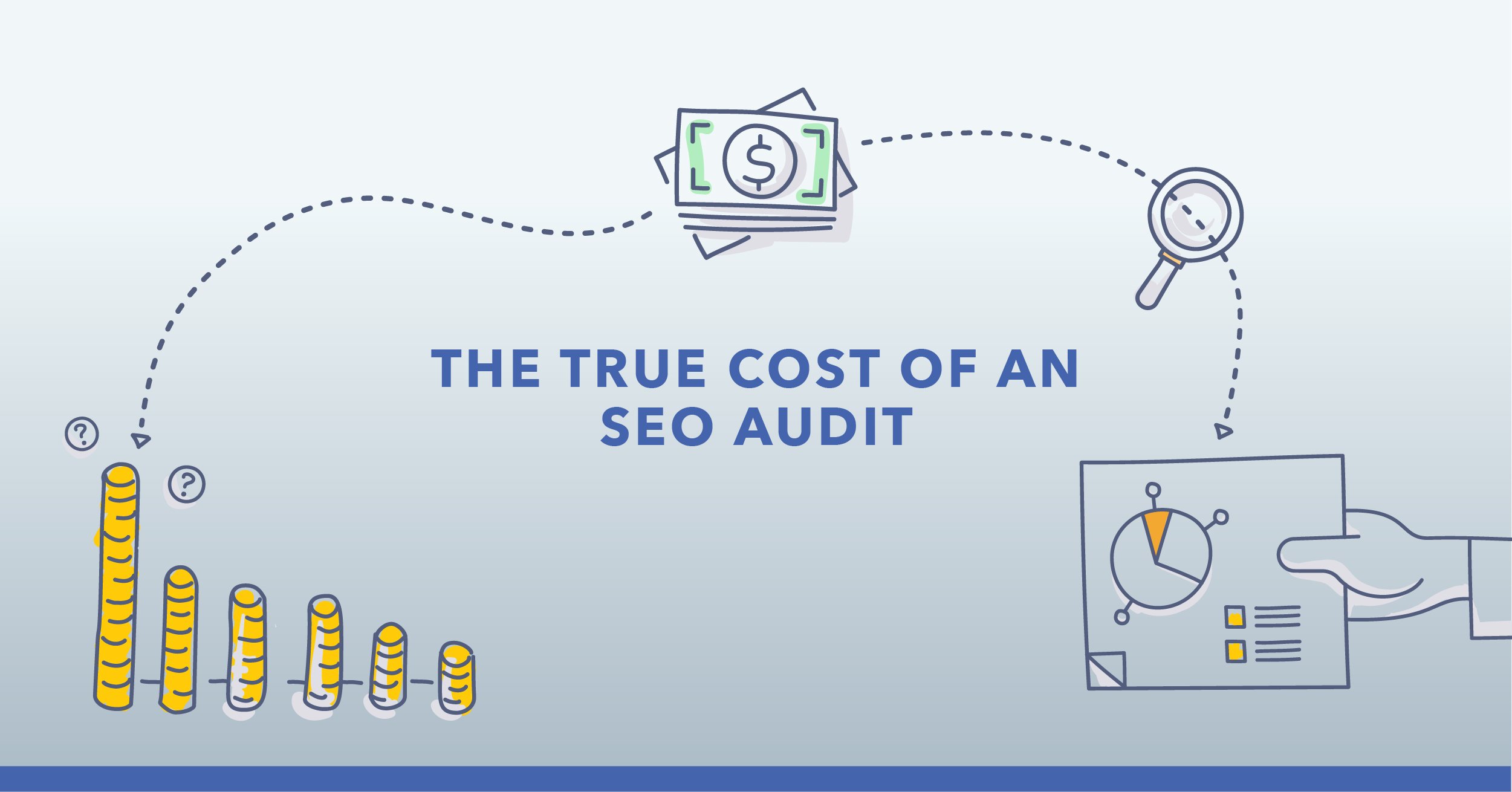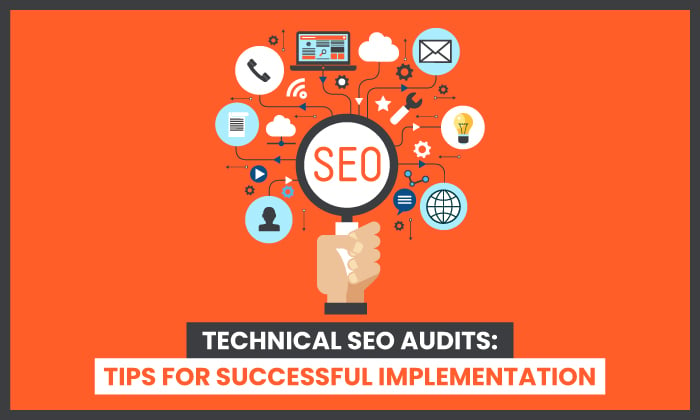Agency Radiance Unveiled: Crafting Success in the World of SEO Agencies
Wiki Article
SEARCH ENGINE OPTIMIZATION Vs. SEM: Comprehending the Key Differences
In the world of electronic marketing, 2 vital strategies that often turn up are search engine optimization and SEM. While they might seem similar, they actually offer different functions and have unique techniques. SEO, which means Search Engine Optimization, focuses on enhancing a web site's exposure and natural position on internet search engine results web pages. On the various other hand, SEM, or Search Engine Advertising, involves paid advertising and marketing to enhance a web site's visibility on search engines. Comprehending the vital differences in between SEO and SEM is vital for businesses looking to optimize their on-line presence and drive traffic to their websites. In this post, we will certainly delve into the definitions, objectives, and crucial parts of both SEO and SEM, dropping light on their special attributes and benefits.
Meaning of Search Engine Optimization
SEARCH ENGINE OPTIMIZATION, or Search Engine Optimization, refers to the method of enhancing web sites to improve their presence and rankings on search engine results web pages (SERPs) It entails various methods and techniques focused on enhancing natural, or non-paid, website traffic to a web site. The supreme goal of search engine optimization is to improve an internet site's on the internet visibility and draw in even more targeted visitors.Among the vital elements of SEO is keyword optimization (https://app.box.com/s/n1zfv335i5qxo3jbz44lilkhol7wzggy). When looking for information or products related to a particular website, this involves carrying out detailed study to identify appropriate keywords that customers are likely to search for. By integrating these search phrases purposefully into the web site's content, meta tags, and Links, search engine optimization aims to improve the website's relevance and ranking for those certain search terms
One more vital element in SEO is on-page optimization. This involves maximizing different elements on a website, such as title tags, headings, images, and internal web links, to make them more search engine-friendly (seo agency). By making sure that these components are correctly structured and appropriate to the web site's content, SEO assists browse engines recognize the context and significance of the site
Furthermore, search engine optimization additionally includes off-page optimization methods, such as link structure. This entails obtaining premium back links from various other respectable internet sites, which indicates to internet search engine that the website is credible and reliable. By developing a strong network of back links, search engine optimization improves a web site's trustworthiness and improves its chances of placing greater in search outcomes.
Meaning of SEM
SEM, or Internet Search Engine Advertising, is an advertising technique that entails advertising sites and boosting their visibility through paid advertising and marketing on online search engine results pages (SERPs) Unlike SEO, which concentrates on maximizing websites to boost natural search positions, SEM makes use of paid advertising to drive website traffic to a site.Among the vital elements of SEM is pay-per-click (PPC) marketing. With pay per click, marketers proposal on keyword phrases that are appropriate to their target market. When a user look for those key phrases, the ads appear at the leading or side of the search results. Marketers just pay when a user clicks on their advertisement, therefore the term "pay-per-click."

SEM also consists of other types of paid advertising and marketing, such as screen advertisements, remarketing ads, and shopping advertisements. Show ads are banners or aesthetic advertisements that show up on internet sites within the Google Display Network. Remarketing ads target customers that have formerly checked out a web site, offering them ads as they surf other sites. Buying advertisements, on the various other hand, promote particular items and present pertinent details, such as rate and accessibility.
Objectives of SEO and SEM
The objectives of both search engine optimization (SEO) and online search engine advertising and marketing (SEM) rotate around raising a web site's exposure and driving targeted web traffic. Nonetheless, the strategies and methods utilized by each differ considerably.The primary objective of SEO is to boost a web site's natural search position on internet search engine results pages (SERPs) This is accomplished by maximizing various aspects on the internet site, such as web content, meta tags, and website structure, to make it more enticing and relevant to internet search engine. By doing so, SEO intends to attract even more natural website traffic from users proactively looking for related key words or topics.
On the various other hand, SEM concentrates on increasing a web site's presence with paid advertising on online search engine. The main objective of SEM is to drive targeted web traffic to a web site by bidding process on key words and displaying ads in internet search engine results. This strategy permits services to reach a broader target market promptly and successfully.

Trick Parts of SEO
To effectively carry out search engine optimization, it is crucial to recognize the crucial parts that add to improving a web site's natural search position. These elements can be generally classified into on-page elements and off-page elements.On-page factors refer to the elements that are straight present on an internet site and can be maximized for better internet search engine visibility. This consists of the web site's content, key phrase usage, meta tags, URL framework, web page titles, and headings. By maximizing these elements, search engines can much better comprehend the significance and context of the internet site's content, leading to greater rankings.
Off-page aspects, on the other hand, focus on external signals that affect a site's authority and integrity. This includes backlinks from other respectable websites, social media sites signals, and on-line discusses (https://businessvantageviews.com/news/linkdaddy-announces-agency-backlink-local-business-directory-listings-service/458323). The more premium and pertinent back links a site has, the far better its possibilities of placing greater in internet search engine results web pages
Furthermore, user experience is a crucial part of SEO. seo agency. Online search engine prioritize web sites that provide a favorable customer experience, consisting of quick loading times, mobile-friendliness, and simple navigation
Trick Parts of SEM
Unlike SEO, SEM encompasses a distinct collection of vital components that focus on paid advertising and marketing and driving prompt visibility in internet search engine outcomes. These elements consist of internet search engine marketing, additionally recognized as pay-per-click (PPC) marketing, keyword study, ad development, and project management.Browse engine marketing is a critical part of SEM. When those search phrases are browsed, it entails bidding on search phrases appropriate to your organization and creating text or screen advertisements that will appear in search engine results. With online search engine advertising and marketing, you can target specific demographics, locations, and even time of day to reach your preferred target market.
Keyword study is another crucial part of SEM. It entails determining the keywords that your target market is using to look for service or products similar to your own. By performing extensive keyword study, you can optimize your advertisements and guarantee they are revealed to the best people at the ideal time.
Ad development is the process of establishing persuasive and engaging advertisements that will certainly attract individuals to click them. Well-crafted ads have a solid call-to-action, click site appropriate messaging, and a clear value proposal.
Last but not least, project monitoring involves monitoring and enhancing your SEM campaigns to guarantee they are executing successfully. This consists of tracking metrics such as click-through rates, conversion rates, and return on financial investment (ROI) to make data-driven choices and attain the ideal results.
Final Thought
SEO concentrates on enhancing sites to boost organic search positions, while SEM involves paid advertising and marketing to boost visibility on search engine results pages. Recognizing the differences between SEO and SEM is important for organizations to develop a comprehensive online advertising strategy.SEO, which stands for Browse Engine Optimization, focuses on boosting a website's visibility and organic position on search engine results web pages. On the various other hand, SEM, or Browse Engine Advertising and marketing, involves paid marketing to raise a website's exposure on search engines (seo).SEO, or Look Engine Optimization, refers to the technique of optimizing web sites to enhance their presence and positions on search engine results web pages (SERPs)The major goal of Search engine optimization is to boost a site's organic search ranking on search engine results web pages (SERPs) Search engine optimization focuses on maximizing websites to improve natural search rankings, while SEM includes paid advertising to enhance presence on search engine results pages
Report this wiki page